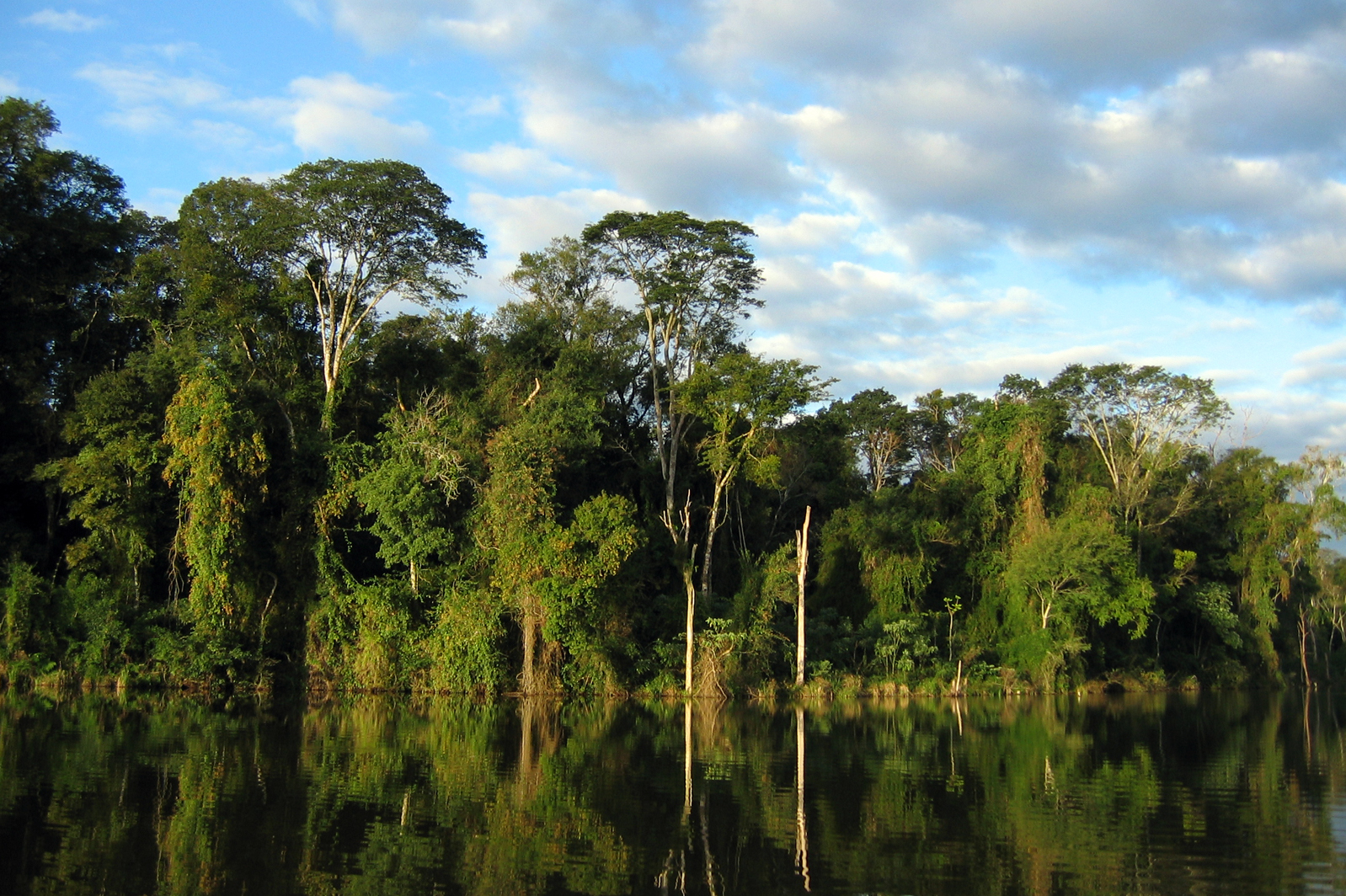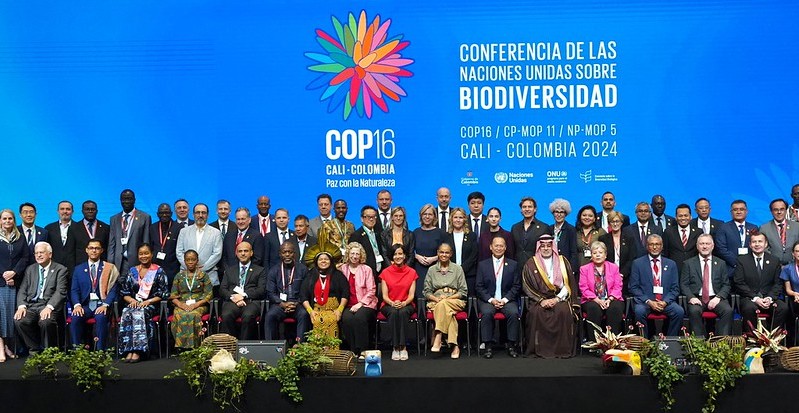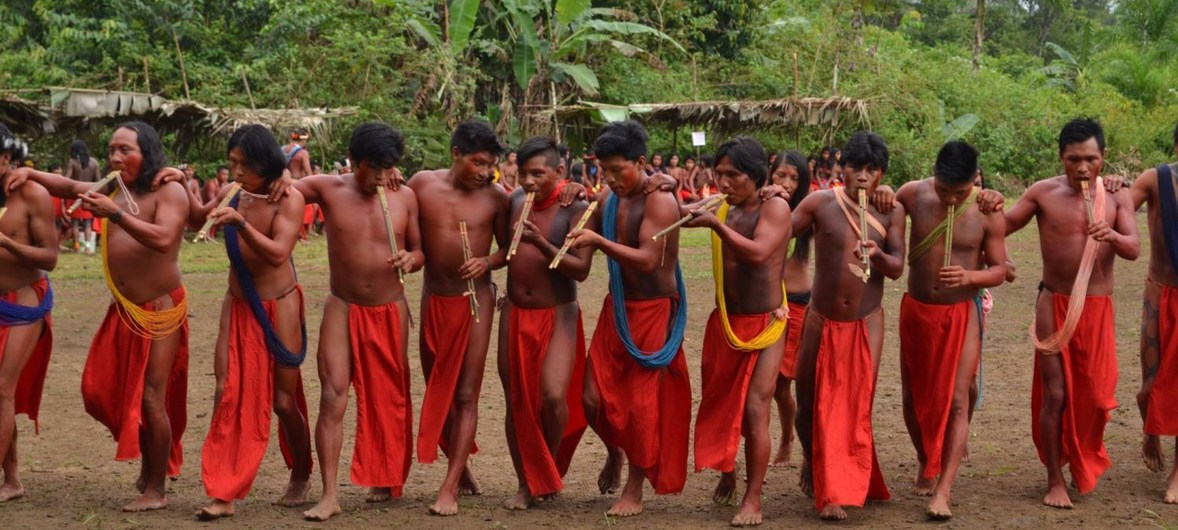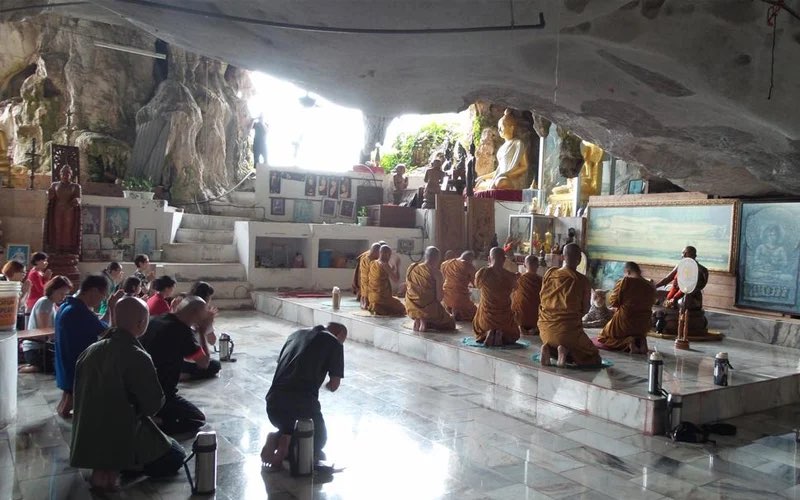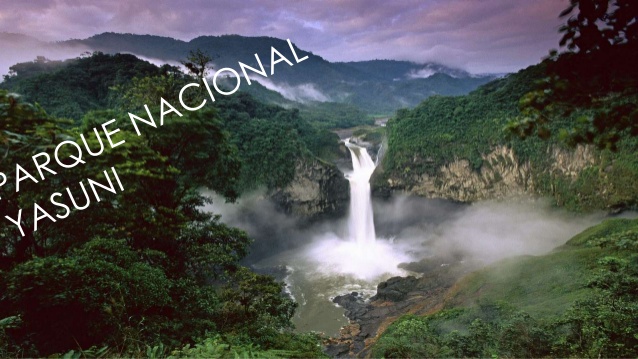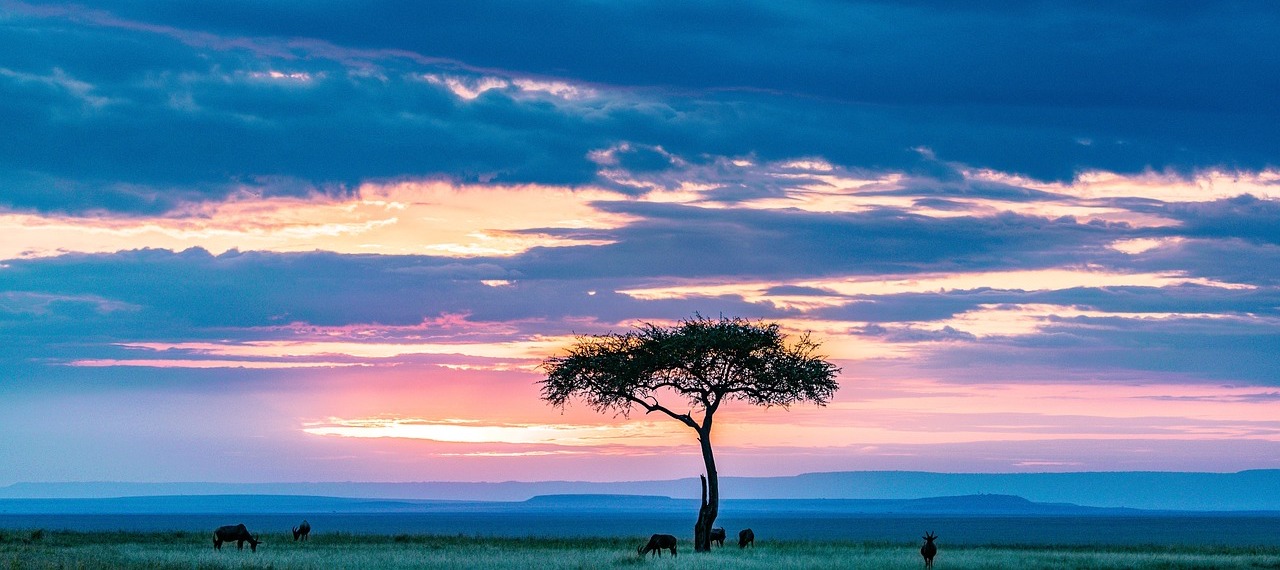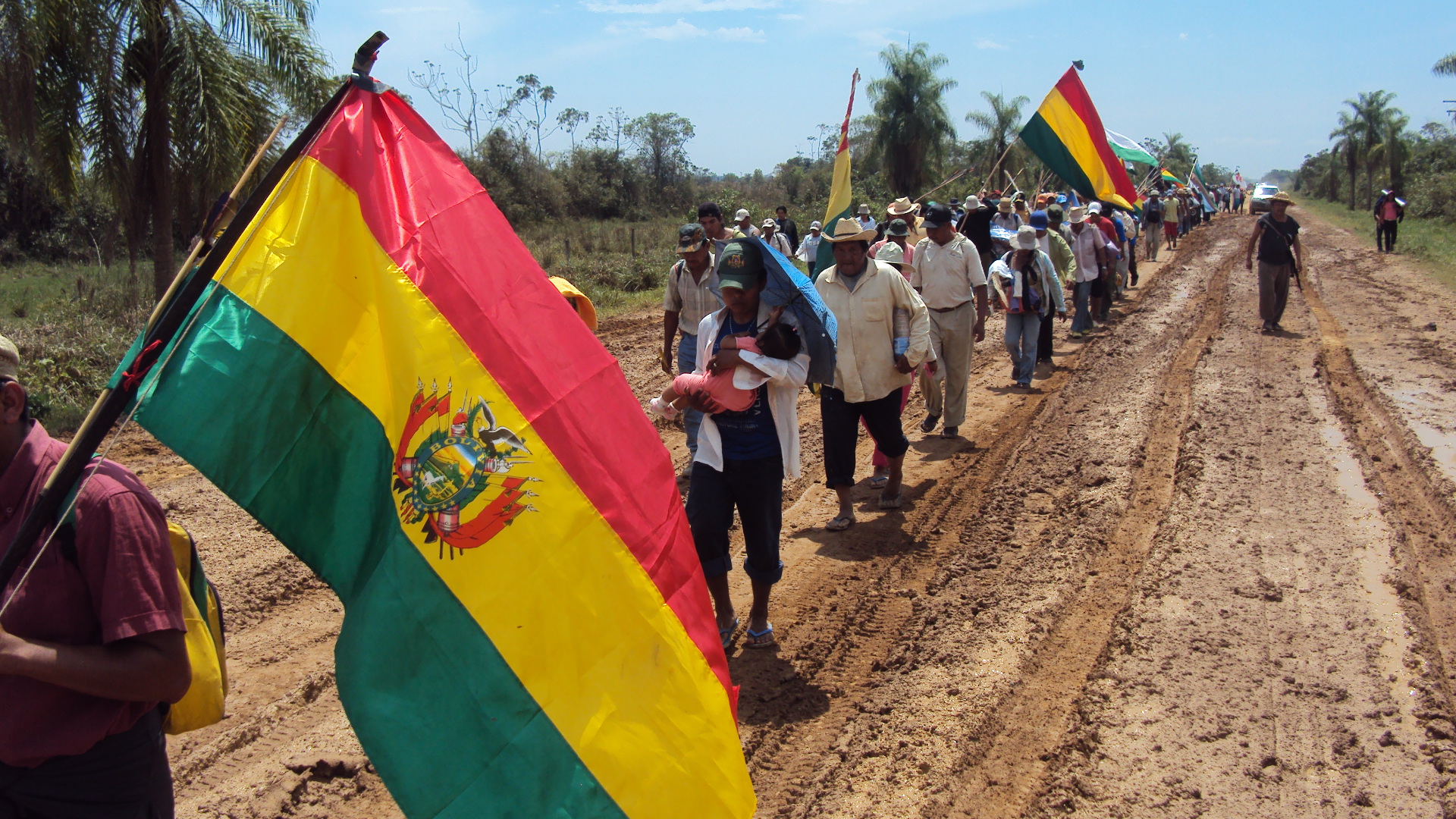
Suit challenges Trump order on offshore drilling
US conservation groups filed a lawsuit against President Donald Trump, asserting that the administration violated the Outer Continental Shelf Lands Act (OCSLA) by issuing an executive order reversing withdrawals of oil and gas leases. Trump signed the executive order immediately after his inauguration, overturning a decision by President Joe Biden to protect large areas of ocean from offshore drilling. During his first term as president, Trump tried to undo similar protections implemented by Obama. A federal court, however, invalidated his attempt, finding that the president does not have the power to undo a former president’s OCSLA protections. (Photo: Berardo62 via Wikimedia Commons)




